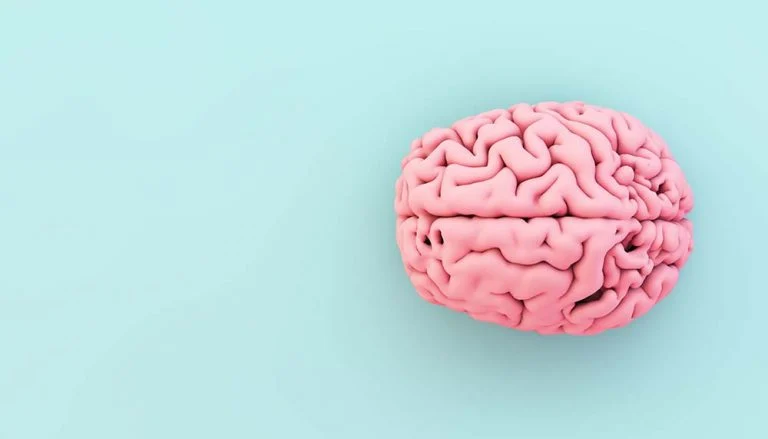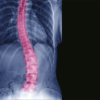When it comes to language development in children, a new study by Boston University found that the brain’s organizational pathways, such as white matter, may be associated with language ability outcomes in kindergarten.
The Boston-led study appeared online in the journal Developmental Cognitive Neuroscience.
“Language acquisition is of central importance to child development,” said first author Jennifer Zuk and her colleagues in the findings. “Although this developmental trajectory is shaped by experience postnatally, the neural basis for language emerges prenatally. Thus, a fundamental question remains: do structural foundations for language in infancy predict long-term language abilities?”
The study began with the initiation of a longitudinal investigation of 40 children from infancy to kindergarten, with magnetic resonance imaging (MRI) scans taken of them to assess white matter development.
In the white matter pathway assessed by researchers was a region known as the arcuate fasciculus, synonymous with language production and comprehension.
By the study’s conclusion, it became evident that the young participants who had higher indications of white matter organization demonstrated better language skills, five years later.
“Longitudinal investigation of 40 children from infancy to kindergarten reveals that white matter in infancy is prospectively associated with subsequent language abilities, specifically between: (i) left arcuate fasciculus and phonological awareness and vocabulary knowledge, (ii) left corticospinal tract and phonological awareness, and bilateral corticospinal tract with phonological memory; controlling for age, cognitive, and environmental factors,” the co-authors explained in the findings.
“Findings link white matter in infancy with school-age language abilities, suggesting that white matter organization in infancy sets a foundation for long-term language development.”
The study was published online on August 20th, 2021.


